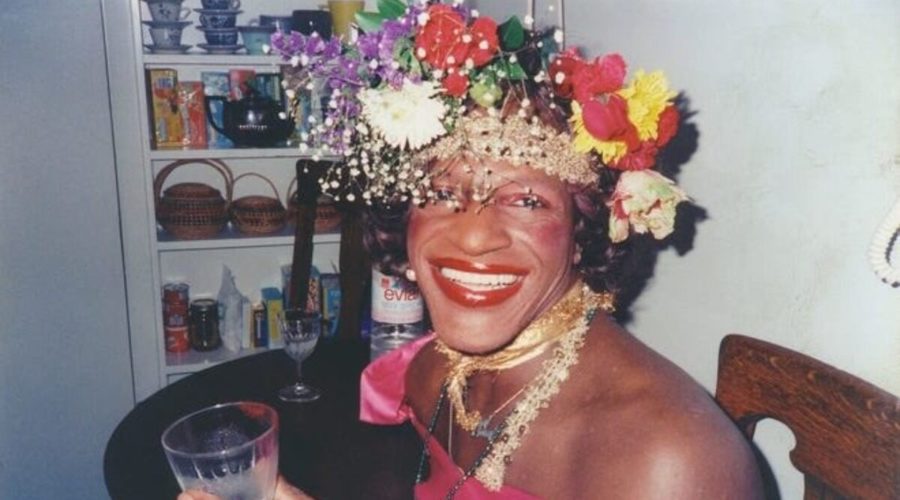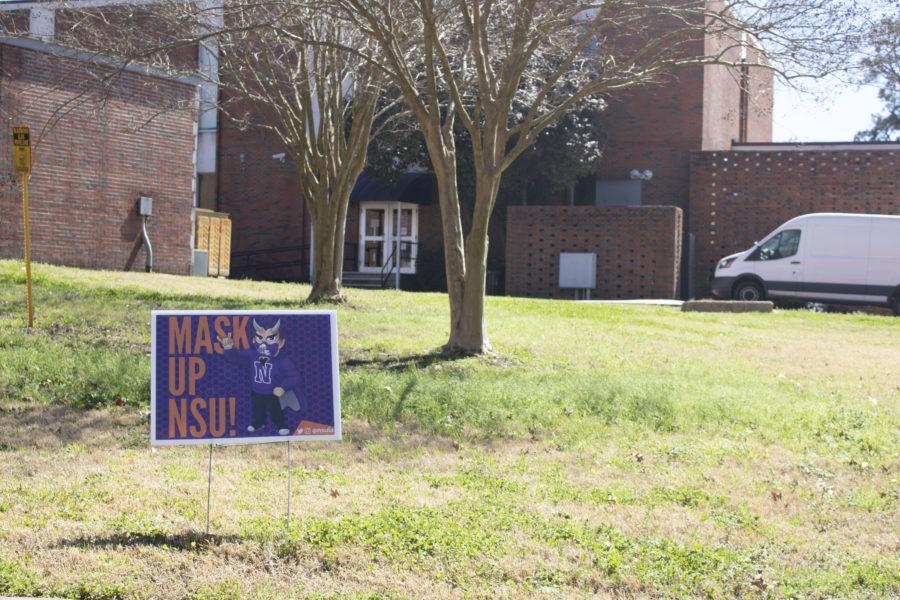Mya Melancon
Contributing Writer
As we reach the end of Women’s History Month, I can’t help but think of all the powerful women who have come before me. Specifically, I would like to highlight the life and work of Marsha P. Johnson, a revolutionary woman whom I consider to be one of my biggest idols.
Hailing from New Jersey, Marsha P. Johnson (1945-1992) was a Black gay liberation activist and one of the cornerstones of the 1969 Stonewall Riots, the event considered to be the foundation for modern Pride and equality efforts.
She was also a popular drag queen in New York City who labeled herself a “transvestite” (as “transgender” was not a commonly used term at the time) and performed with a troupe called the Hot Peaches.
In addition to her performance career, she co-founded Street Transvestite Action Revolutionaries, a group dedicated to helping homeless transgender youth in NYC. She was also a founding member of the United States Gay Liberation Front, formed post-Stonewall Riots as a gay liberation and equality group. From 1987 until her death in 1992, she worked with ACT UP as an AIDS activist.
Johnson was homeless for the majority of her life and was forced to engage in “survival sex,” a phenomenon where homeless or otherwise marginalized people engage in sexual activities as payment for food, shelter, clothing, etc.
Historians have also claimed that she was arrested well over 100 times in connection with her sex work. She was also shot once in the late 1970s and was involved in several street fights, all in the name of self-defense.
All of these events culminated in Johnson’s death, which has been clouded in mystery for years.
She struggled a lot mentally, as she was sometimes seen walking nude down Christopher Street and would be taken away for two to three months at a time to be treated with an anti-psychotic medication called chlorpromazine.
Her body was found floating in the Hudson River shortly following the 1992 New York Pride parade with a notable wound on the back of her head. Her close friends remarked after her death was ruled a suicide that Johnson was never suicidal. One man claims to have overheard a man in a bar claiming to have killed Johnson, but his story was not listened to by police.
The New York Police Department claimed that the case was the suicide of a gay Black man and was not worth reopening the investigation. In 2002, her case was reopened for a short period so officials could relabel her cause of death as “undetermined.”
The biggest reason that I look up to Marsha P. Johnson is that she is the most famous name to come from the Stonewall Riots. The majority of the legends surrounding the event say that she threw the first brick at the officers who responded to the riots.
Another major reason is that despite her struggles, she spent her days fighting for herself and others who were disenfranchised by “the system” and basically gave the LGBTQ community the rights and the advancements we have today.
I believe that without Johnson being so bold and fueled by fire, LGBTQ equality efforts would have taken another several decades to really get anywhere.


























